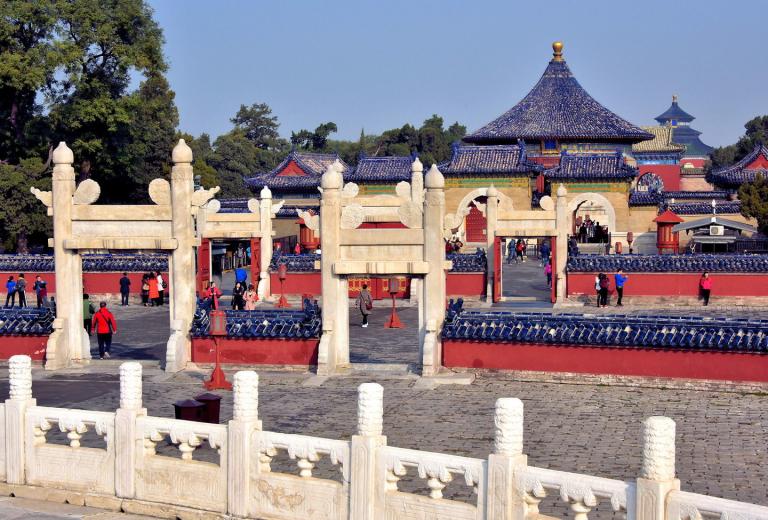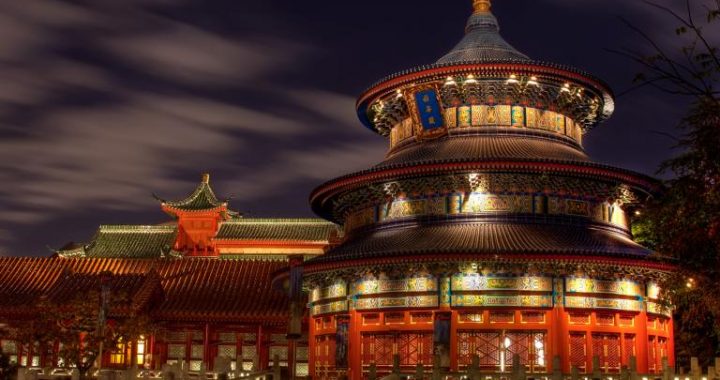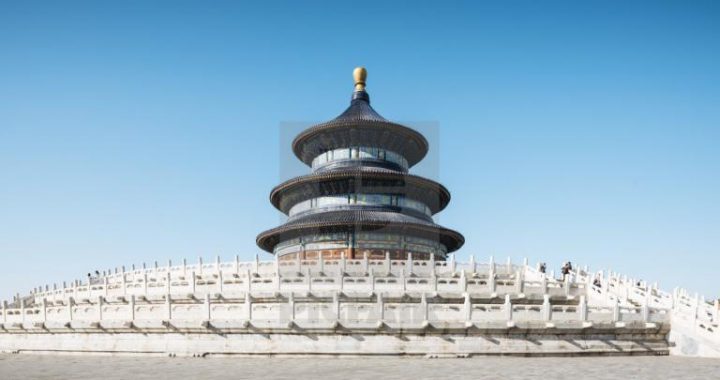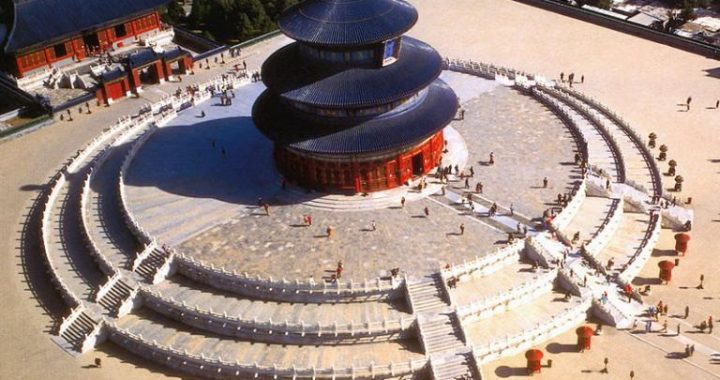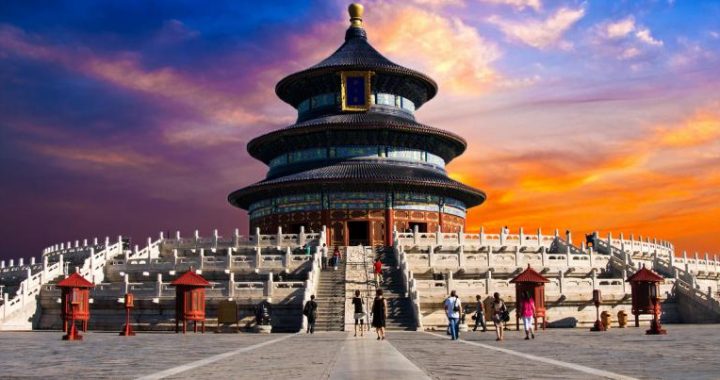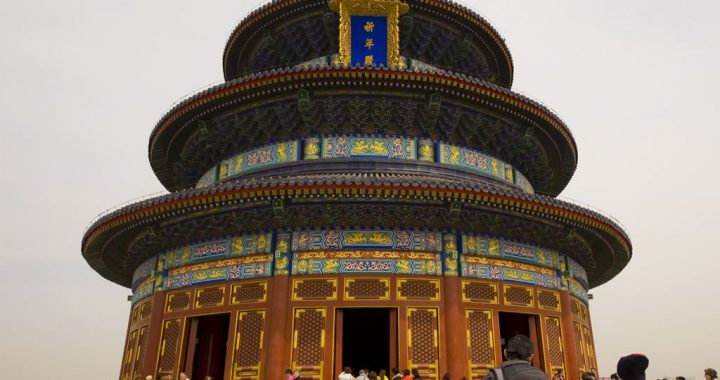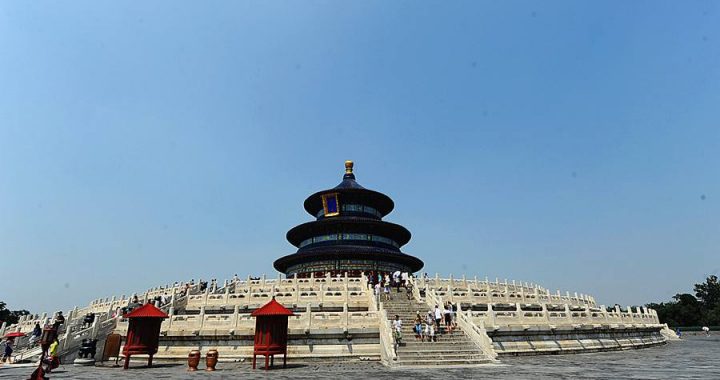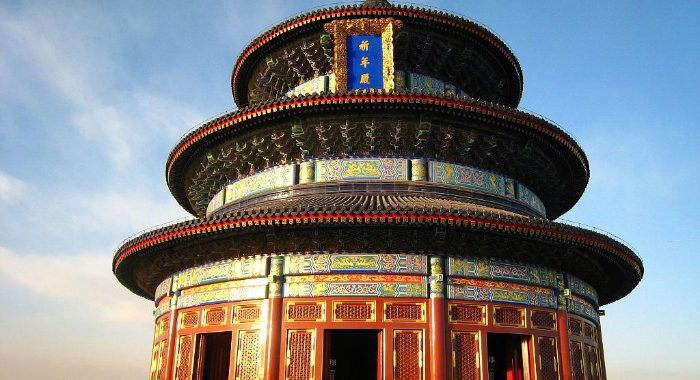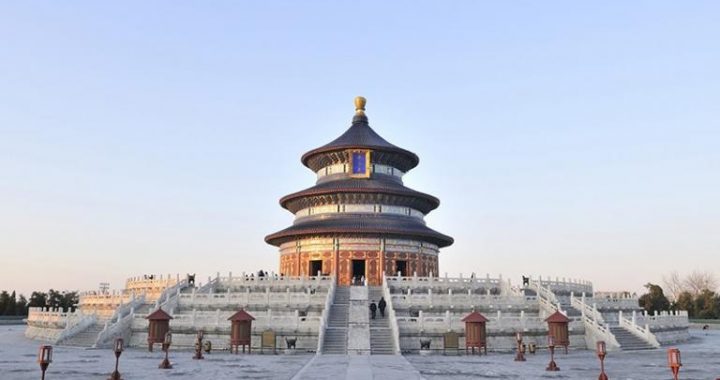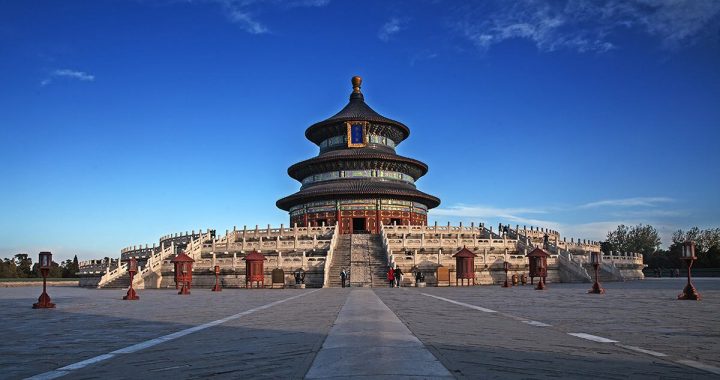Beijing Temple of Heaven
2 min readThe Temple of Heaven was constructed during the reign of Emperor Yongle (r.1403-1424) of the Ming Dynasty(1368-1644), and completed in 1420, about the same time as the Forbidden City. When Emperor Yongle moved the capital from Nanjing to Beijing in 1420, it was at the Temple of Heaven that he performed the important ritual of paying tribute to Heaven and Earth.
Nearly 600 years later, the Temple of Heaven still stands intact in the south of Beijing. Covering an area nearly four times as large as the Forbidden City, theTemple of Heaven, with its numerous halls and buildings, attracts visitors from around the world. It not only presents a beautiful spectacle, but also represents the Chinese pursuit of harmony between Heaven and mortals.
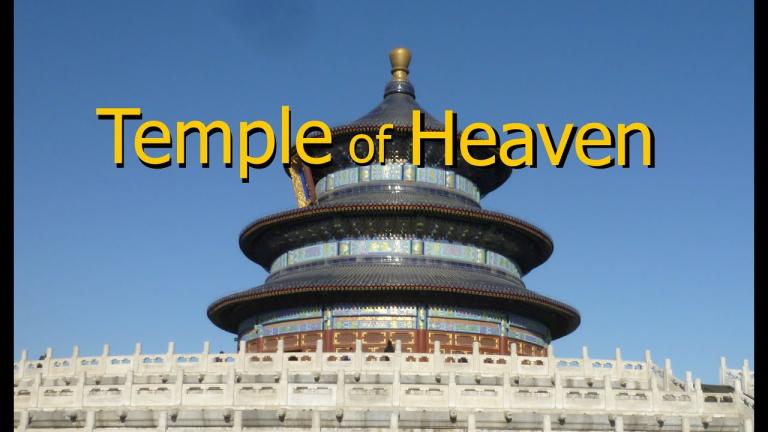
Ceremonial Offerings of the Emperor
The emperor used to offer oblations to Heaven here twice a year, in the spring and winter. The Hall of Prayer for Good Harvests was the site of the spring rituals, where the emperor and the ministers would gather for the ceremony signified by the name of the hall. On the Winter Solstice, they would make offerings at the Circular Mound Altar, to show their gratitude for the great compassion of Heaven toward the human world. In times of drought or flood, the emperor would come here with civil and military officials to pray for assistance from heaven.
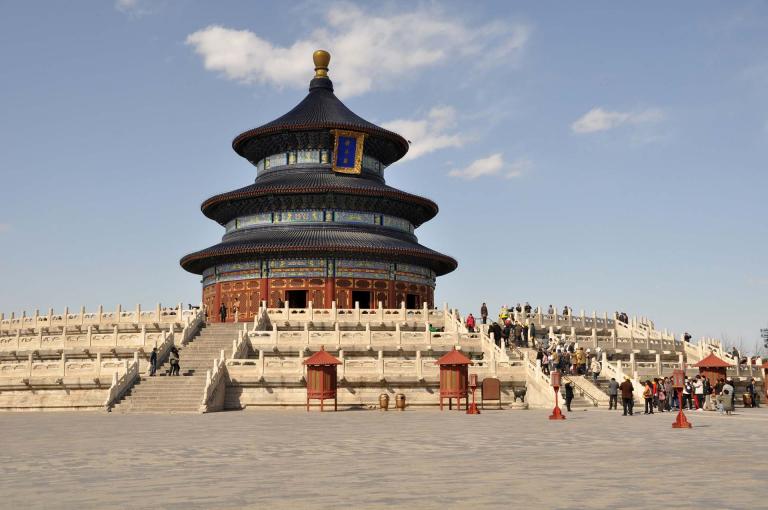
Only the emperor could pray at the Temple of Heaven. Ordinary people were not allowed access. Yet the idea of showing awe and respect to Heaven was not reserved for the emperor alone, but was shared by the people as well.
The worship of Heaven among the Chinese dates back to over 3,000 years ago. Our ancestors believed that Heaven, also known as the”Heavenly Deity”or”Heavenly Emperor,”was the mysterious force that directed all things on Earth, such as natural harvests and personal fate. Heaven stood for righteousness. Natural disasters on Earth were regarded as warnings to people for wrongdoings of one kind or another. In the face of a calamity, people would say,”This is punishment from Heaven.”In the second year of the reign of Emperor Guangxu (r.1875-1908), the Hall of Prayer for Good Harvests was burned down in a big fire. The emperor lost his composure at the news and allthe ministers turned ashen gray, believing the disaster to be a bad omen from Heaven. To the ancient Chinese, however, Heaven was more inclined toward love and tolerance, punishing people only occasionally. Thus, our forebears were always grateful to Heaven.
